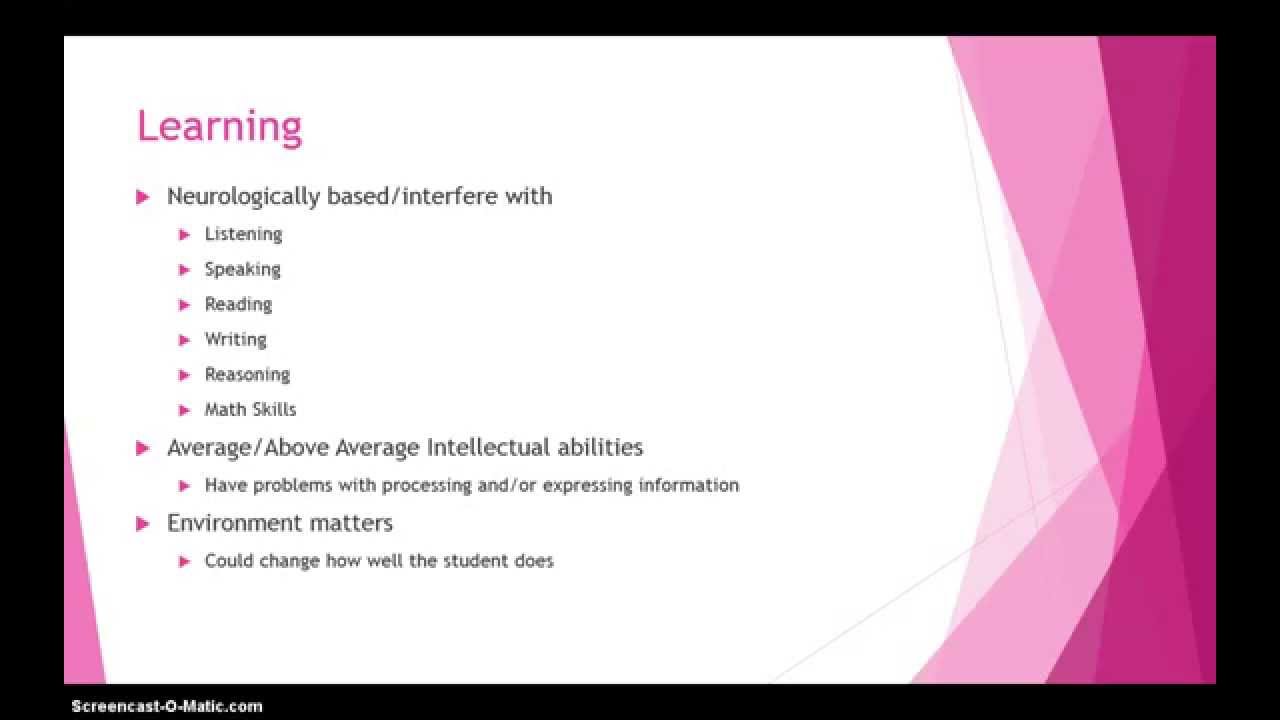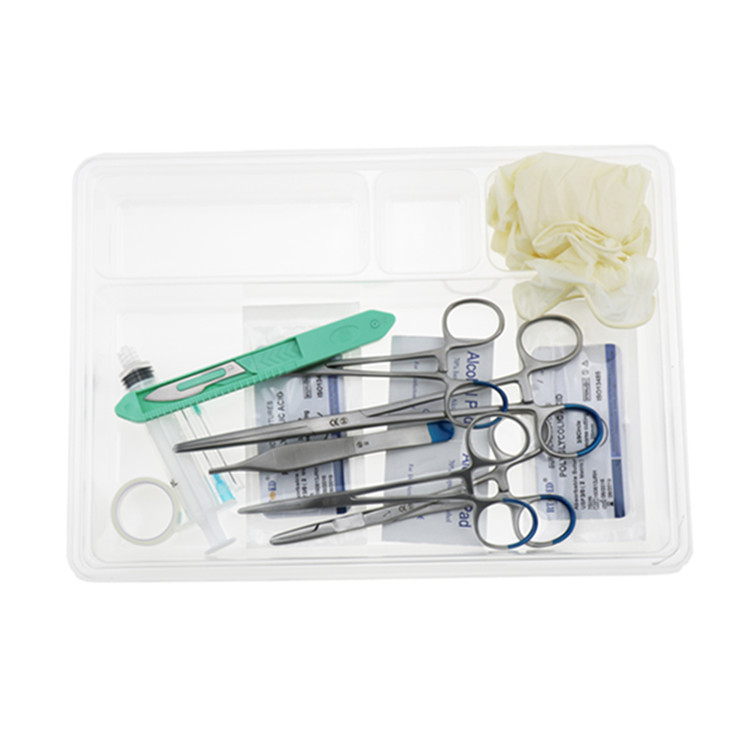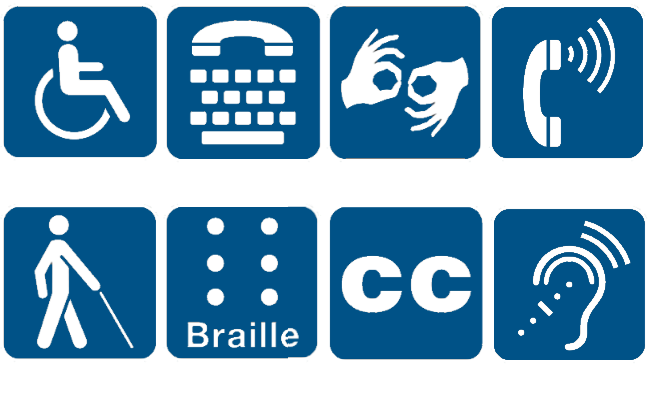
Guide to Assisting People with Disabilities in Daily Living
A for disabled people is a practical form of support that includes housework, bathing, and specialized medical assistance. In some cases, disability care providers may be sent to nursing homes or hospitals. These professionals can handle all types of needs, both mental and physical. They can provide all sorts of services and give their patients a sense of independence, but they need to be licensed in order to work in the field.
Guide to Assisting People with Disabilities in Daily Living
The most important thing about Moorabbin NDIS home care is that it provides the patient with the best possible support. It allows them to be independent and self-sufficient. Specially trained and qualified disability carers are trained to come into the NDIS providers Melbourne and provide assistance where it is needed. The right people can help someone feel more independent and confident about themselves.
Guide to Assisting People with Disabilities in Daily Living
The three main services that disability carers offer their patients are personal assistance, housekeeping, transportation. All of these are essential to enable a person with disabilities to continue living their daily life. Here’s a brief run-down of each one.
Personal assistance is any type or help that assists a person with their daily life and does not require them to use their hands. It could include helping with chores such as cleaning, cooking, and grocery shopping. Housekeeping is any activity that assists disabled persons to keep their home clean. Some types of disability carer's work with disability homeowners, such as mopping the floors, cleaning the bathrooms, preparing meals, taking out the trash, etc. These tasks are done without any financial compensation for the caregiver.
Transportation is any activity that allows disabled people to travel independently. There are many options for transportation. Most disability carers will use at least one vehicle to get from home to work every day. Respite care can be provided by the caregiver who will take the patient’s car so they don’t have the worry of driving.

There are also two main types of disability support services. One is called inhome respite care, which is provided to the individual in their own home. The other is called residential aged care homes. Both services are provided by a variety services for disabled people, including social workers, doctors, nurses, social workers, and therapists. The caregiver doesn’t receive any money or benefit from the disability care, but they do have access to the patient’s social services and resources should they need them.
An older person who has a physical limitation often requires specialized assistance to enable them to live independently. An individual with a stroke or heart problem may need equipment to get around. Perhaps they have suffered from muscle injuries that require crutches or walkers. Arthritis is another issue that needs to be addressed for those who have had to live independently after a hip replacement. This is where disability support services come in; the caregiver will be able arrange for these things by skilled and qualified allied healthcare professionals.
Respite care and residential care homes for elderly loved ones are both options. There is a lot to learn. It is important that you understand how each choice affects the caregiver’s finances and whether you can afford it without assistance. For those who are eligible, there are often alternatives to these services. There are also options for those who would like to seek out care in their own home but don’t know where to begin their search.

